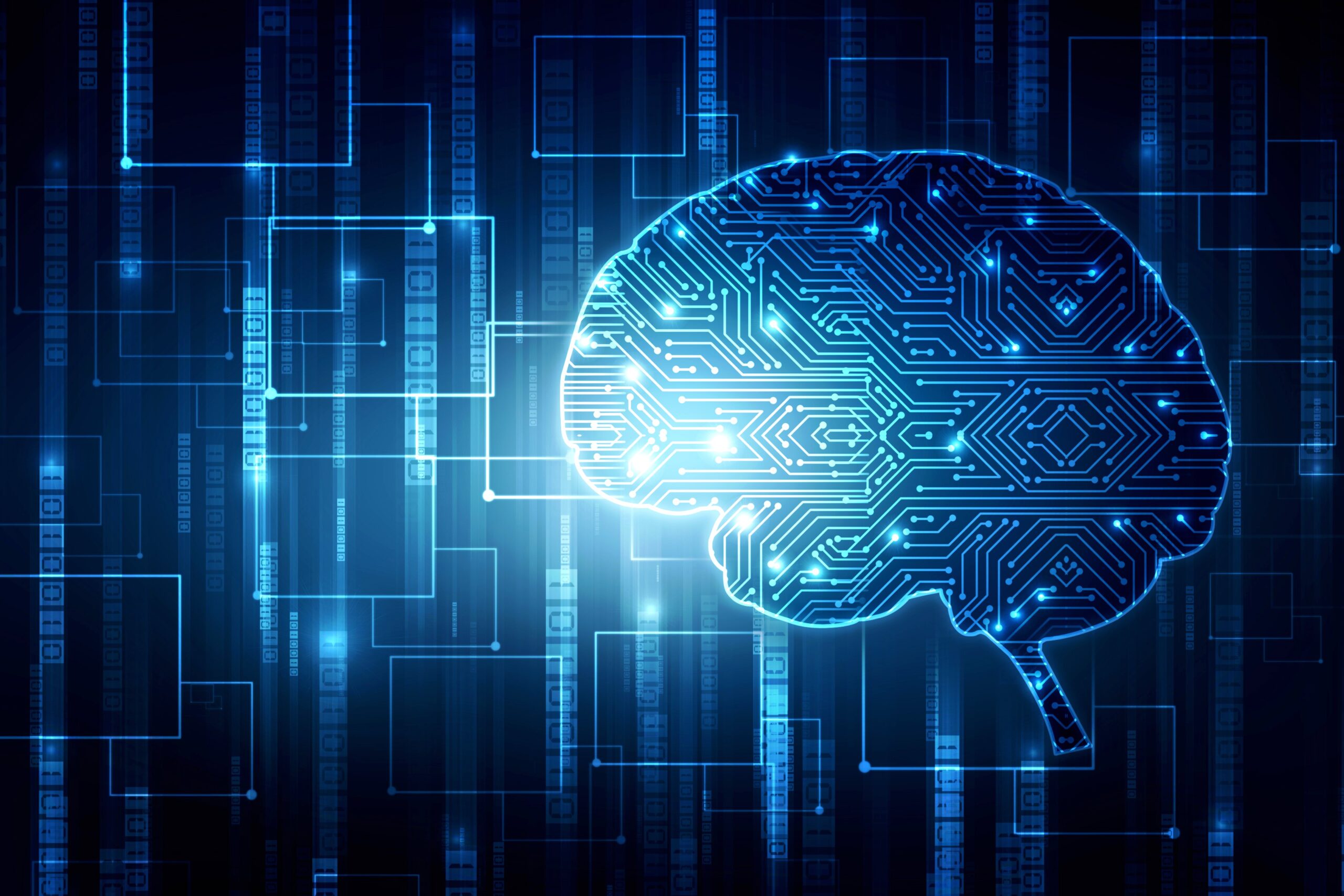Generative AI is the latest buzzword and investors are wondering about its impact on the stock market. Goldman Sachs has shared an analysis and according to the firm, generative AI holds immense promise. However, its road is full of uncertainties, and it is tough to talk about the quantum of impact.
GS cites an example of Nvidia and says that it expects the semiconductor firm to clock $11 bn of sales in the current quarter, 53% above the consensus estimate amid AI-inspired demand for its advanced chips. According to Goldman Sachs, Nvidia’s outlook offered a close glimpse of the impact of generative AI on revenue growth and profitability of other companies. But Goldman Sachs Research equity strategist Ryan Hammond also cautions, “Generative AI may boost corporate earnings, but the magnitude and timing are uncertain.” GS analysts further estimate that AI adoption could boost productivity growth by 1.5 percentage points per year over a 10-year period.
According to the research firm, semiconductor companies would benefit the most from generative AI because large-language model algorithms require massive computing power. Goldman Sachs predicts the total addressable market for generative AI enterprise software to be around $150 bn, considering a 30% adoption rate. However, the analysts also highlight those potential revenues represent just 1% of current aggregate S&P 500 sales and could take years to access. Hence, it’s unlikely to be fully priced by investors in the near term.
This AI-driven growth is bound to be hit by certain downsides too. Goldman Sachs warned that higher tax rates could cut into an AI-led increase in earnings. The research firm also expects some job losses due to AI adoption. “Policymakers may be sufficiently concerned about the economic and social impact of the interim displacement of workers to take action to support those workers,” suggested Goldman Sachs.
Talking about the impact of generative AI on the economy, GS expects an increased investment demand resulting in higher estimates of the neutral rate. This increase in interest rates and the dwindling economic growth could offset the possible long-term boost offered by AI adoption. The extreme uncertainty around AI adoption could make things even more difficult.
Giving a more pragmatic view of the situation, Goldman Sachs stated that increases in productivity haven’t always boosted the S&P 500. While it accepts the potential of AI-driven advances, the research firm is also cautious about the risks of high investor expectations. GS even cites the example of the dot-com bubble of the late 1990s. It elucidates, “Stocks with high perceived growth potential are rewarded with high valuations, but investors flee and the multiple collapses at the slightest sign that the growth rate may not be sustainable.”
Currently, AI-led optimism isn’t so extreme or worrisome for equities. The S&P Index’s equity risk premium and long-term EPS growth expectations are roughly in line with historical averages, as per Goldman Sachs. However, it also revealed that some of the largest AI beneficiary stocks have ‘valuations that resemble dot-com beneficiaries’ during the Internet boom.
View the full article here.
Read more

T. Rowe Price
Why US Treasuries may no longer be a safe haven
US Treasuries recent performance has fallen short of expectations.

Candriam
The euro bond market is back in focus
Rising yields and shifting fiscal dynamics are bringing the euro bond market back into focus.

Lombard Odier
EM equities – potential opportunities amid challenges
EM equities face renewed pressure amid US trade policy shifts, slowing growth, and investor outflows.

US Markets
100 days of Donald Trump
The first 100 days of Donald Trump’s second term have shaken markets. Asset managers weigh in on US equities, bonds, and the dollar.





















